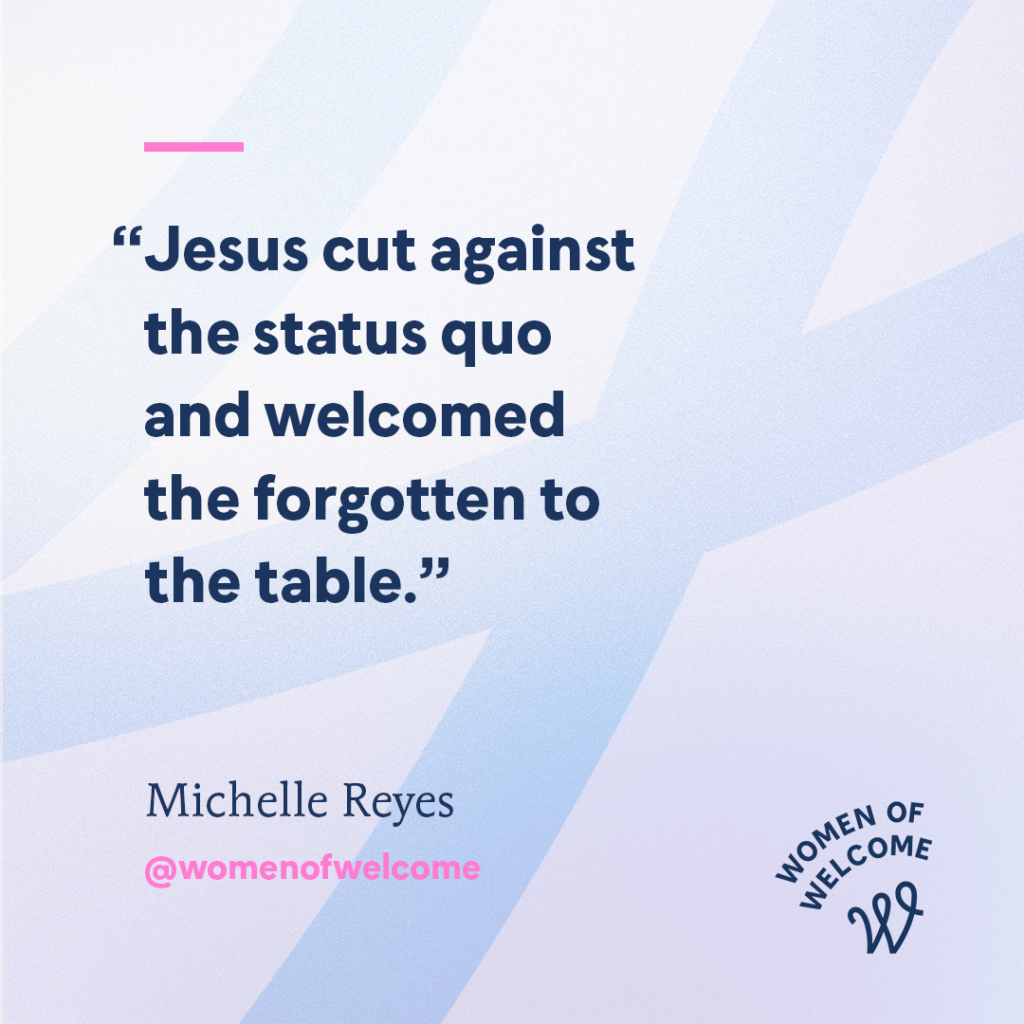Luke 8:26-39
They sailed to the region of the Gerasenes, which is across the lake from Galilee. When Jesus stepped ashore, he was met by a demon-possessed man from the town. For a long time, this man had not worn clothes or lived in a house, but had lived in the tombs. When he saw Jesus, he cried out and fell at his feet, shouting at the top of his voice, “What do you want with me, Jesus, Son of the Most High God? I beg you, don’t torture me!” For Jesus had commanded the impure spirit to come out of the man. Many times it had seized him, and though he was chained hand and foot and kept under guard, he had broken his chains and had been driven by the demon into solitary places.
Jesus asked him, “What is your name?”
“Legion,” he replied, because many demons had gone into him. And they begged Jesus repeatedly not to order them to go into the Abyss.
A large herd of pigs was feeding there on the hillside. The demons begged Jesus to let them go into the pigs, and he gave them permission. When the demons came out of the man, they went into the pigs, and the herd rushed down the steep bank into the lake and was drowned.
When those tending the pigs saw what had happened, they ran off and reported this in the town and countryside, and the people went out to see what had happened. When they came to Jesus, they found the man from whom the demons had gone out, sitting at Jesus’s feet, dressed and in his right mind; and they were afraid. Those who had seen it told the people how the demon-possessed man had been cured. Then all the people of the region of the Gerasenes asked Jesus to leave them, because they were overcome with fear. So he got into the boat and left.
The man from whom the demons had gone out begged to go with him, but Jesus sent him away, saying, “Return home and tell how much God has done for you.” So the man went away and told all over town how much Jesus had done for him.
Throughout the global pandemic, we have all experienced the pains of social isolation. Many of us are acutely lonely, and not being able to see our family, friends, loved ones, even coworkers and neighbors has taken its toll on our physical, mental, and emotional health.
For some folks—the vulnerable and the forgotten in our society—social isolation is a continual reality. In Luke 8:26-38, for example, a demon-possessed man has been kicked out of his town and forced into “solitary places” (v. 29). He has no friends and no social interaction of any kind. We can also assume that the little engagement he’s had with fellow humans has been hostile as we read that folks have tried (unsuccessfully) to chain his hands and feet and keep him under guard. This is a man who is rejected, unwanted, and deemed dangerous.
When Jesus comes to him, you can feel the man’s fear when he shouts out, “What do you want with me, Jesus, Son of the Most High God? I beg you, don’t torture me!” (v. 28). This demon-possessed man has been without relationships for so long that he fears social interaction. He’s been hurt so many times, he fears what Jesus might do to him. Research has shown that chronic loneliness leads to increased levels of stress and depression. The demon-possessed man in Luke 8 exhibits both of these characteristics.
This is why Jesus has come. Jesus came to restore this man relationally. Christ-like welcome to the vulnerable means turning the forgotten into a friend. Jesus doesn’t just cast out demons and physically heal this mean. He also restores this man to his family. After Jesus heals him, he tells the man, “Return home and tell how much God has done for you” (v. 39). In doing so, Jesus enables this forgotten man to move from an isolated place to going back home. Jesus doesn’t see this vulnerable human being as dangerous, but rather as a brother, perhaps even a father, and he wants to see his relationships restored.
Whenever we feel socially isolated, it is often family that offers us the emotional, physical, and spiritual support to keep going. The vulnerable and forgotten in our midst are especially in need of familial support. I think of immigrants at the border who are separated from their parents, spouses, and siblings—some have even been put in cages (not unlike the demon-possessed man). I think of those experiencing homelessness who haven’t spoken to their family in years and the elderly who have been moved into nursing homes and only see their children on holidays or birthdays. We can follow Jesus’ example by helping the forgotten in our society today to be restored to their families.
We can also choose to be family to the forgotten. We can be a spiritual brother or sister to the socially isolated, and ask God to use our relationships to enable these persons to go back to a form of normal life.
Thoughtful Questions:
- Recall a time you experienced social isolation. In what ways did that experience impact your overall health (mental, emotional, physical)?
- Who are people in your own life that are sometimes deemed dangerous? What could happen if you challenge yourself to see them first and foremost as a person with a family (i.e., a brother, sister, husband, wife, mother, father)?
- Think of a person you know who is feeling socially isolated right now. What is one practical way you could help them become reconnected with their family? (Or for you to be family to this person?)

 Let’s have the conversation you’ve always wanted to have about immigration.
Let’s have the conversation you’ve always wanted to have about immigration.